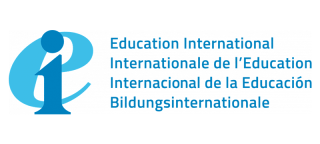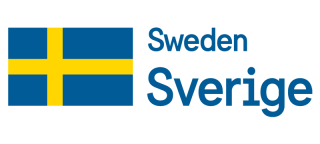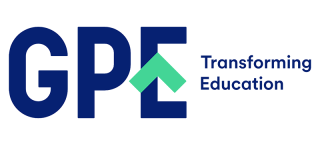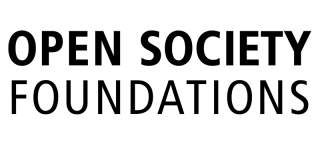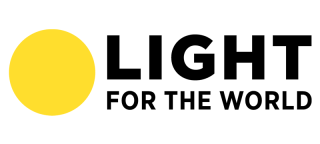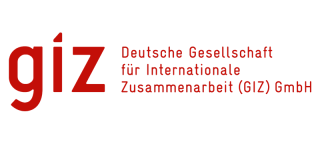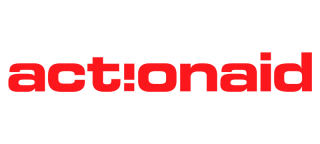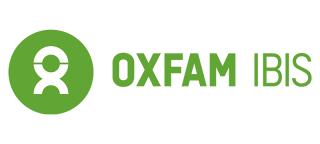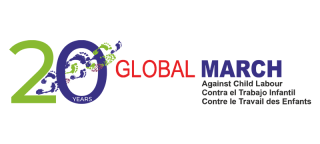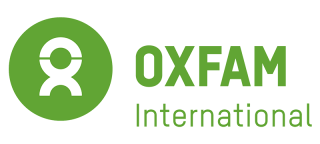Our Story

The Global Campaign for Education (GCE) is a civil society movement that promotes and defends education as a basic human right. We campaign and advocate at the international, regional and national level to put pressure on governments and the international community to deliver the right of everyone to a free, quality, public education.
The GCE movement was founded in 1999, in the build-up to the World Education Forum in Dakar, to provide a platform to unify and coordinate civil society voices about the global education agenda. Since then, the movement GCE has grown significantly, in particular through the expansion and consolidation of national civil society coalitions. Significant progress has been made, including 40 million more children in school. However, far more still needs to be done to realise the right to quality education for all. The GCE represents over 100 national and regional education coalitions and international organisations. Our membership comprises many national, regional, and international civil society organisations, teachers’ organisations, parents’ associations, women’s groups, disabled people’s organisations, youth, and student groups, academic or research institutions, and child rights campaigners. Our national coalitions encompass many thousands of civil society organisations and represent millions of individuals worldwide.
Each is independent, and all are united by the commitment to the right to education and to achieving change through the mobilisation of citizens and civil society. The diversity of our membership is the movement’s key strength, allowing us to run impactful cross-national and global campaigns, like the Global Action Week for Education, an annual global campaign organised by the GCE since 2001. We are committed to listening to the variety of voices within the movement, and our membership has regularly chosen the themes of the Global Action Weeks. Our reach allows us to link the grassroots campaigning to high-level meetings and seminars, bringing the voice of civil society to the UN General Assembly and the ECOSOC committees. We are a unique platform, merging and echoing education concerns from the countries facing the most development challenges to the more developed countries.
Our Theory of Change and key focus area
GCE is driven by the conviction that education is a universal human right and that quality education for all is achievable.
As made clear by numerous human rights treaties signed by almost every State in the world, it is the responsibility of States to respect, protect and fulfill this right. Therefore, a well-functioning, comprehensive public education system is central to GCE’s vision, and government action to implement it is necessary. We commit to achieving our mission with objectivity, transparency, and accountability and following democratic norms and processes in our plans and actions.
We believe that the continuing gaps in education are fundamentally a political issue. We believe that if governments and the international community have sufficient political will to focus and invest in education and that if States are being effective, accountable and responsive the barriers to achieving free, quality, public education for all can be lifted.
To achieve these outcomes, citizens play a crucial role; and citizens’ participation and engagement can be an effective driver of responsive State action in the education sector. The key elements ensuring strong citizen participation are coordinated, diverse civil society organisations speaking in unison and amplified by a cross-border movement. This link to the national, regional, and global is at the heart of the GCE movement. While education policy-making, financing, and planning are generally decided at national levels, there is a strong interdependence between national decision-making and global debates and policy framework. Global agreements, in addition, often play a role in driving donor priorities.
Our 2019-2022 vision is to influence governments to take the actions necessary to guarantee equitable quality education for all, on a lifelong basis, through the effective and accountable provision of public education.
We have identified the following strategic areas in relation to this vision:
- Equality and nondiscrimination-GCE aims to support local and regional coalitions to overcome all forms of inequality, exclusion, and discrimination in education.
- Transformative education-GCE aims to advocate and campaign at all levels for education to be considered a driver of social justice, sustainable development, individual and collective freedom, and the joy of learning together.
- Education in emergencies-GCE aims to support access to quality education opportunities for all people affected by emergencies and protracted crises.
- Education financing-GCE aims to campaign for publicly funded equitable and, inclusive free quality education, including the need to improve domestic and international financing.
Our Structure
GCE as a whole is a broad-based movement, encompassing a huge variety of civil society organisations active in the education sector at national, regional, and international levels. We recognise our own diversity and acknowledge the different ways in which each members can contribute to our work, in pursuit of our shared aims. We foster collaboration, networking, and shared learning to strengthen our impact at national and regional levels, and to influence international frameworks and debates.
The movement’s governance and structure are set out in its constitution:
- The World Assembly is the supreme governing authority of the GCE, with all its members voting on an equal basis.
- The World Assembly elects a board to provide oversight and strategic direction.
- The GCE Secretariat is accountable to the Board and is responsible for implementing the strategic vision and facilitating the movement's work.


